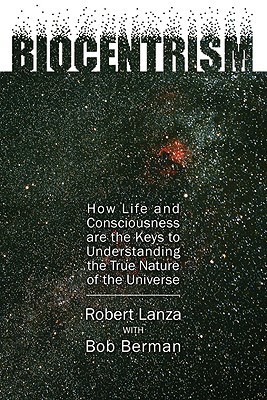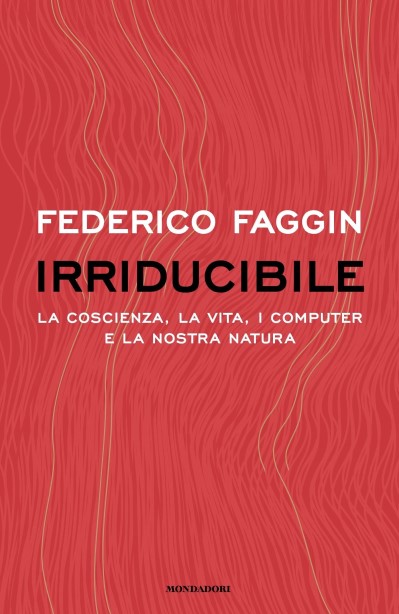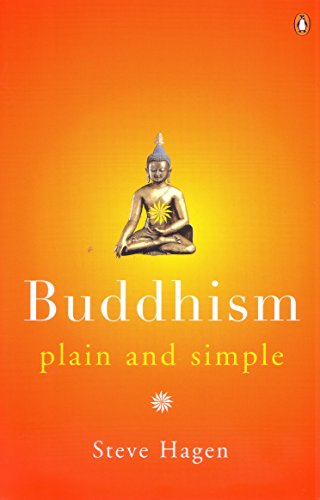Biocentrism: How Life and Consciousness Are the Keys to Understanding the True Nature of the Universe
Lanza argues that life and consciousness are not mere byproducts of the physical universe but are, in fact, central to its very existence. In other words, according to “Biocentrism,” life created the universe, and the laws of the universe are fine-tuned to accommodate consciousness. This idea starkly contrasts with the traditional materialistic viewpoint, which suggests that life emerged as a result of physical processes in a pre-existing universe. I’m not a scientist, so I lack the tools to say whether the book leans more towards… Read More »Biocentrism: How Life and Consciousness Are the Keys to Understanding the True Nature of the Universe









